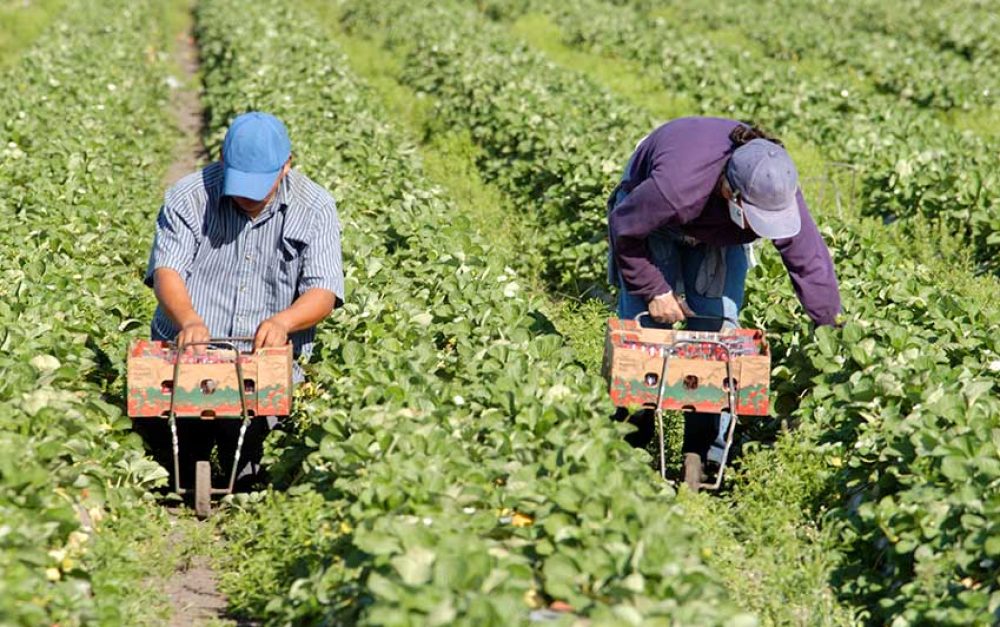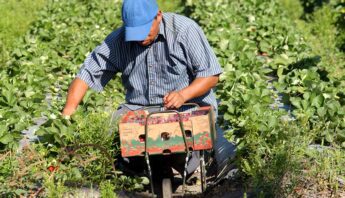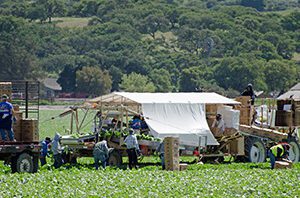Scott Pruitt’s Environmental Protection Agency (EPA) — in yet another subversion of justice — is bowing to industry interests to delay implementation of two 2015 rules designed to better protect farmworkers and their families from harmful pesticide exposure. How is that “protection?”
Long overdue
In 2015, EPA finally improved the 20-year-old federal Worker Protection Standard (WPS). The improvements — most of which were initially implemented this January — include more frequent safety trainings for field workers and increased reporting of on-farm pesticide use. These shifts are intended to reduce on-the-job pesticide exposure for an estimated 2 million men and women working in U.S. agricultural fields.
But thanks to industry influence, and pressure by some state implementing agencies, EPA is now poised to roll back those protections already in place. As reported in AgriPulse, this is happening despite the fact that:
“. . . states with some of the largest agricultural production centers such as California, North Carolina and Florida are implementing the provisions of the WPS that went into effect earlier this year, demonstrating that EPA’s revisions can be implemented without meaningful loss in agricultural activity or revenue.”
The remaining bundle of previously approved worker protection policies has yet to be implemented at all. Originally set to go into effect a few months ago, the Certified Pesticide Applicators rule would provide protections to those workers who actually handle the hazardous pesticides, including:
- A minimum age of 18 for certified applicators and persons working under their direct supervision.
- Specialized certifications required for people using specific application methods (fumigation and aerial).
Ater delaying twice, EPA has just announced its intention to delay implementation of the applicator rule — until May 2018. Here, too, EPA is taking action that directly undermines worker safety and wellbeing.
Unacceptable
Along with Earthjustice, farmworker advocacy groups, labor allies and former federal worker safety employees, PAN partners submitted formal public comment opposing this unprecedented series of delays. Working in concert with a strong cohort of partners, collaborating for many years to strengthen farmworker protections, we will continue keeping the pressure on this incredibly important issue. And the voices in support of a strong WPS keep growing.
The double standard of leaving farmworkers out of protections afforded other workers is not new — and follows the course Scott Pruitt set with his recent refusal to ban the neurotoxic insecticide chlropyrifos. Farmworkers and their families are continuing to bear the brunt of exposure to health-harming pesticides and it needs to stop.








